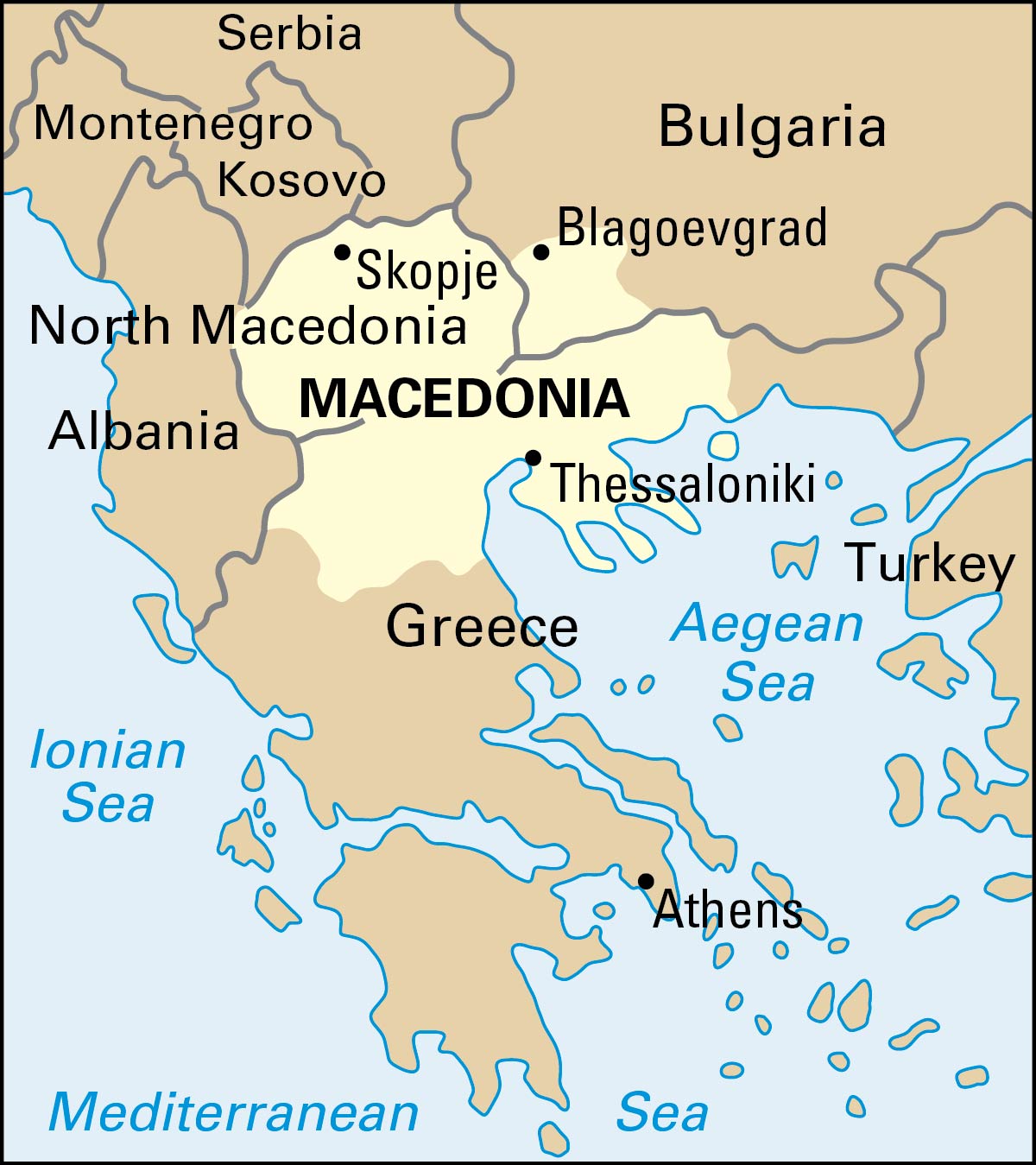Antigonid, << an TIHG oh nihd, >> dynasty was the name of a line of kings who ruled ancient Macedonia, certain strongholds in Greece, and parts of the Near East. The dynasty began with Antigonus I, a general under Alexander the Great. After Alexander died in 323 B.C., Antigonus seized part of his empire in what are now Iraq, Syria, and Turkey. While fighting to extend his rule, Antigonus was defeated and killed at the Battle of Ipsus in 301 B.C. His son Demetrius I won control of Macedonia in 294 B.C. but lost it in 288 B.C. Demetrius’s son Antigonus II regained control of Macedonia in 276 B.C., after defeating Celtic invaders. Philip V, a grandson of Antigonus II, became an ally of Hannibal, a great general of Carthage. Together, they fought two wars against Rome. The Romans ended the Antigonid rule by defeating Perseus, Philip’s son, in 168 B.C.

See also Macedonia .
